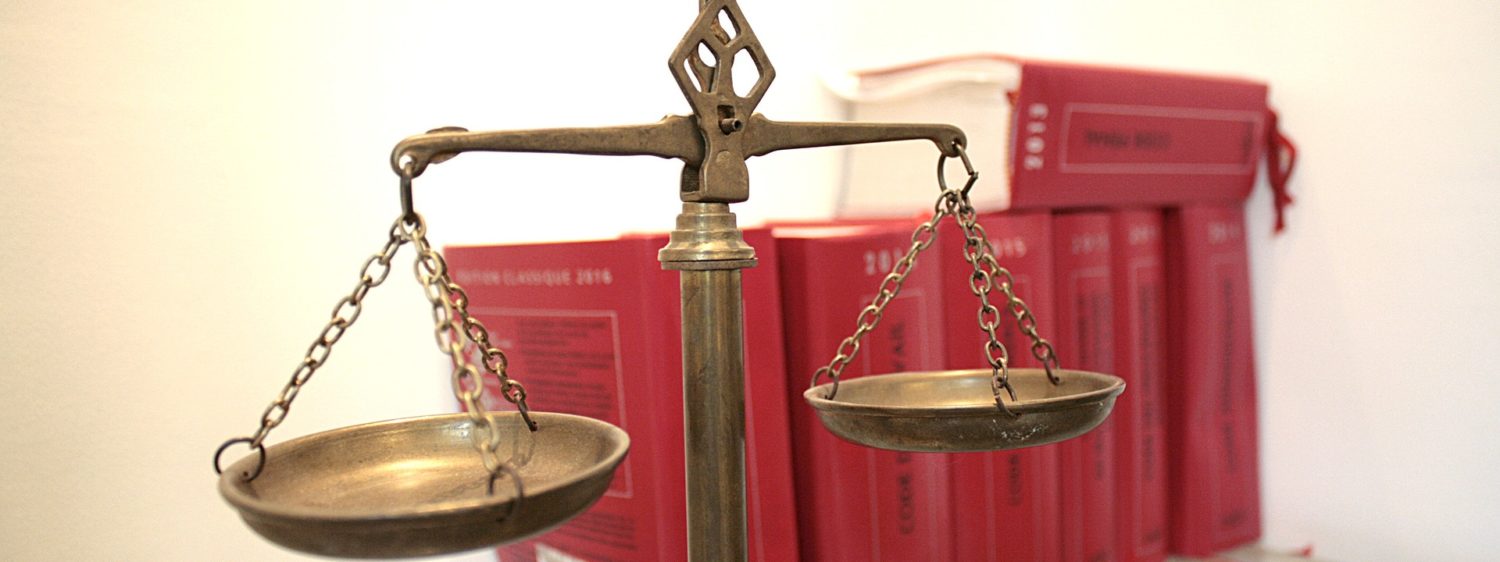
When a defendant is arrested, he or she is taken to a jail to serve time until the date of their trial, or until bail can be posted. The bail system in the United States allows a way for a defendant to remain free while awaiting his or her hearing by posting bail. Because most individuals don’t have the cash to pay high bails, many depend upon bail bonds Allentown PA services.
How is Bail Determined?
The amount of bail is set by a judge, taking into consideration the flight risk of the defendant and the seriousness of the accused’s crime. A judge may elect to deny bail entirely for more serious crimes or defendants whose presence in the community is deemed too dangerous for release.
Conversely, for minor offenses, judges may also allow the defendant to remain free on his own recognizance with an agreement to show up for scheduled court proceedings.
What Are Bail Bonds?
Bail amounts are often set prohibitively high to incentivize the defendant to return for court dates or risk losing the bail. Bail bonds provide a way for defendants to secure a bond to present to the court. A bail bondsman provides surety bonds for a fee, typically 10% of the total cost of bail. The defendant must provide collateral to cover the rest of the bail in the form of real property, such as a home or something else of sufficient value.
When Does a Defendant Get His Money Back?
When the defendant has shown up for his or her court date and the case is resolved, the conditions of bail have been met. At that point, the individual can recover his collateral from the bondsman. The fee of 10% (or another agreed upon rate) is retained by the bail bondsman as payment for his work in securing a bond.
…
